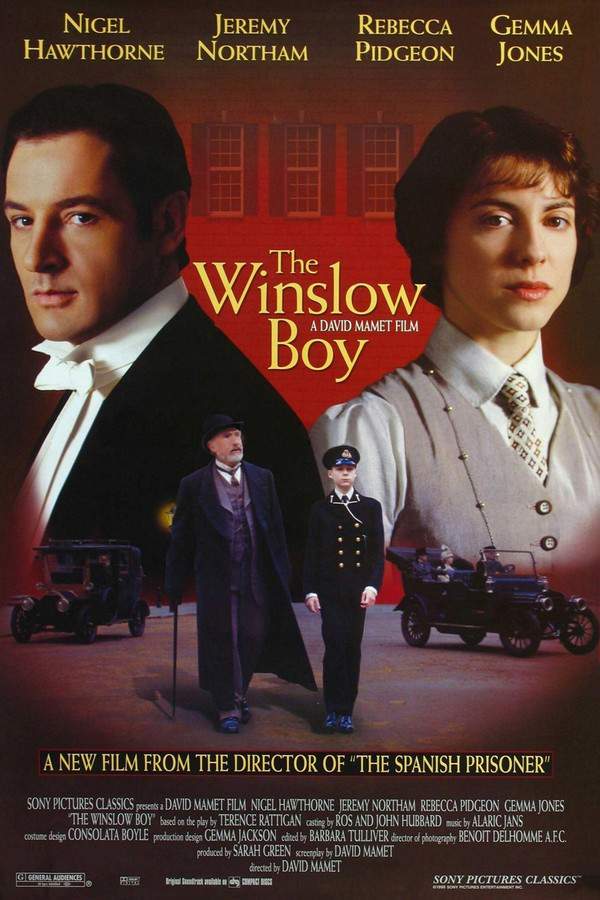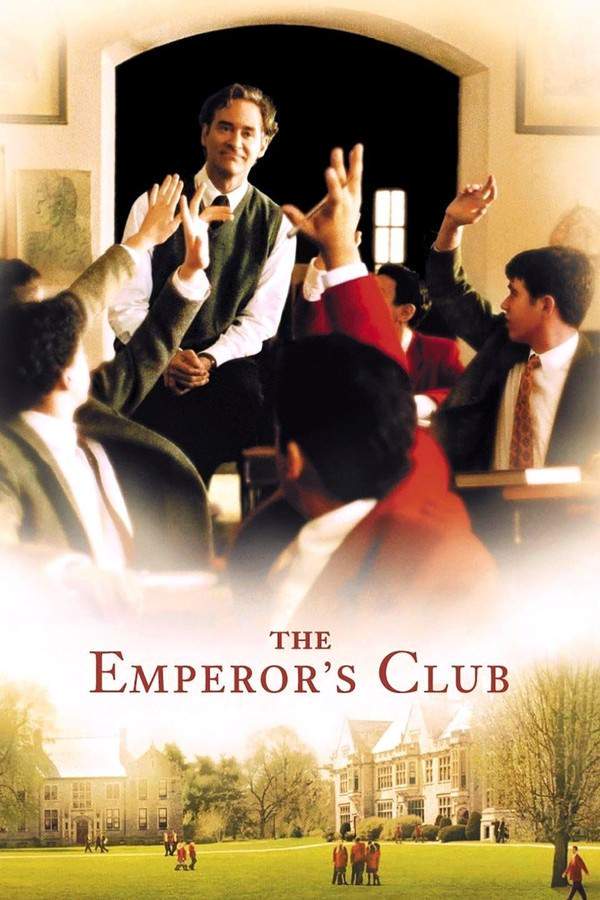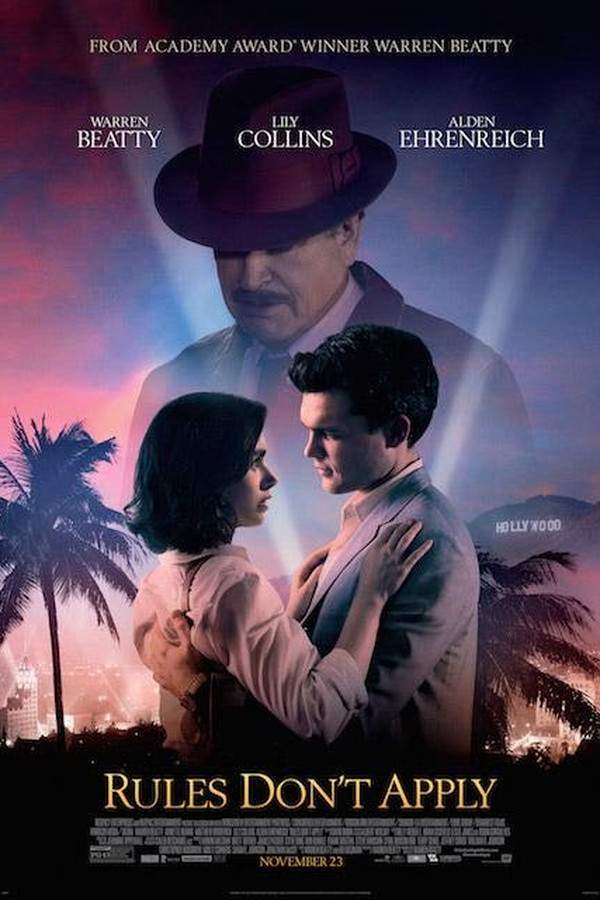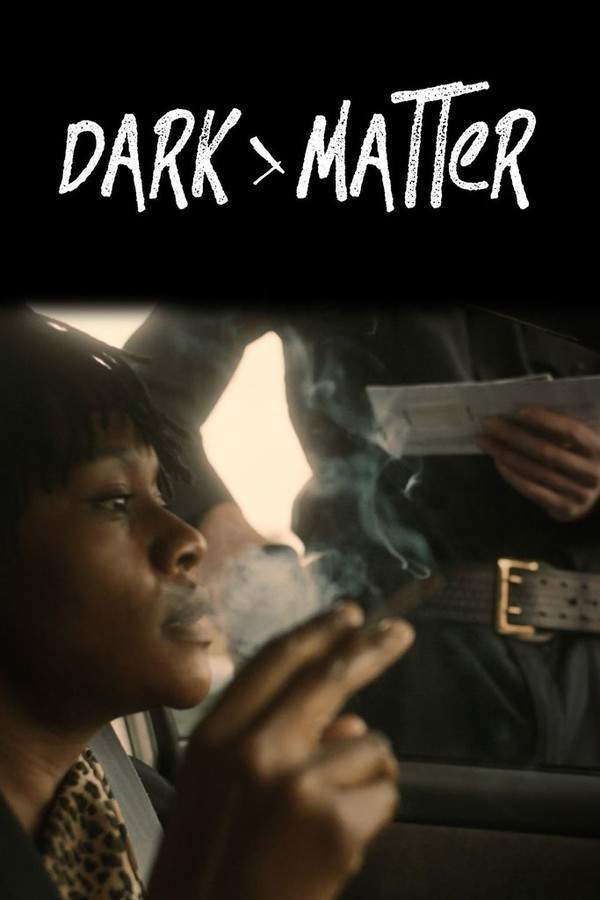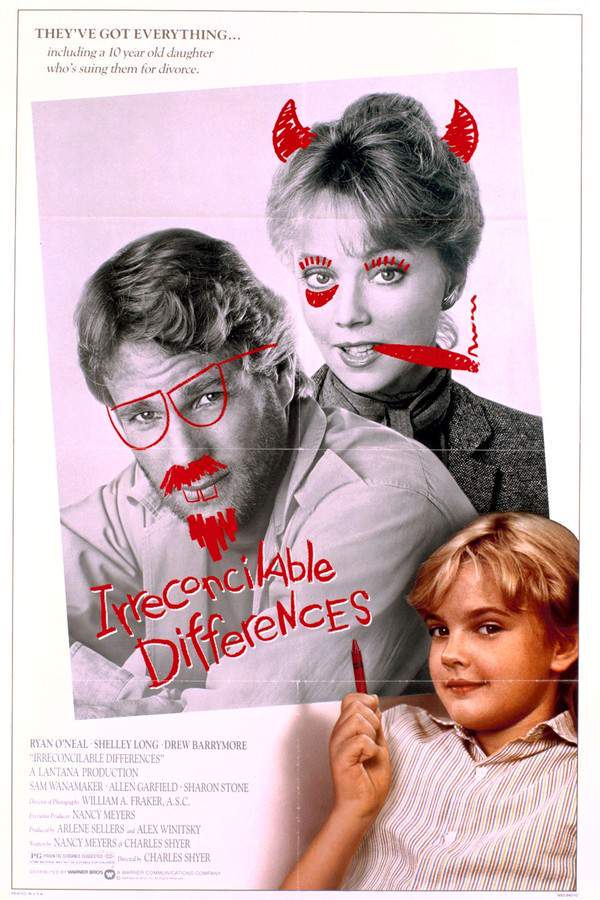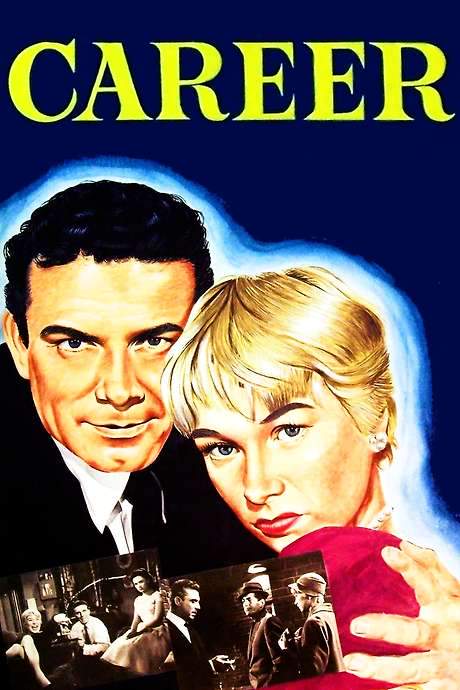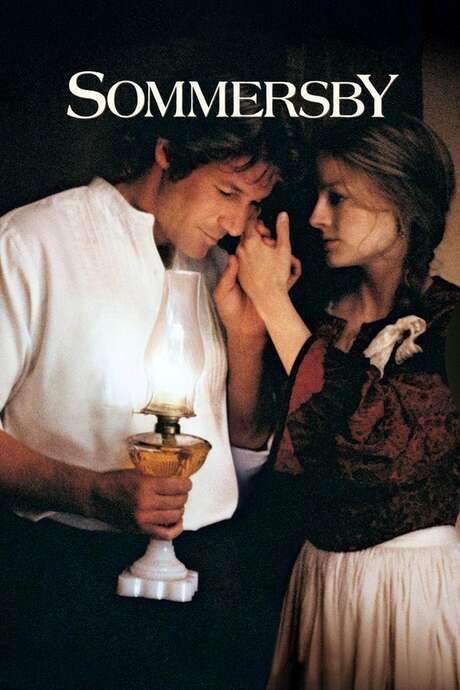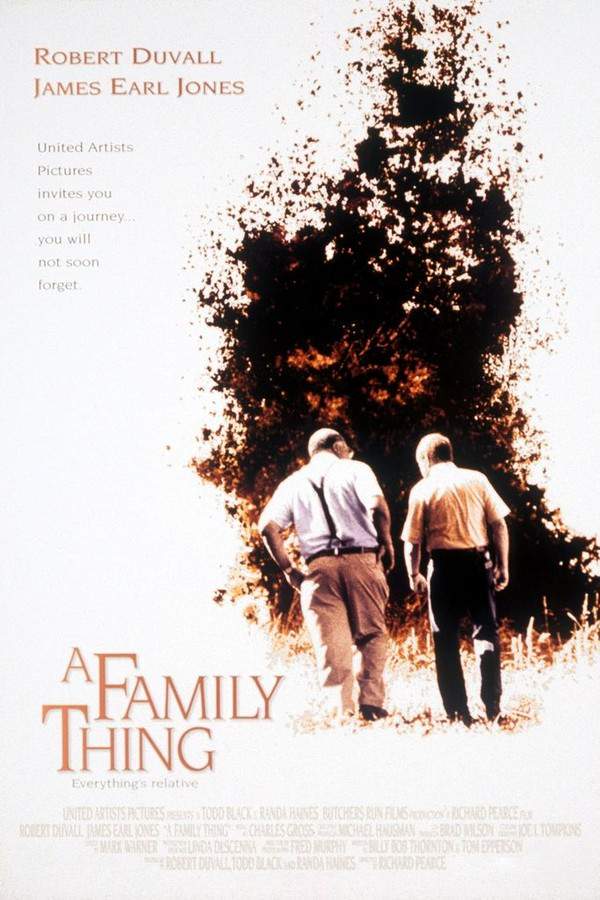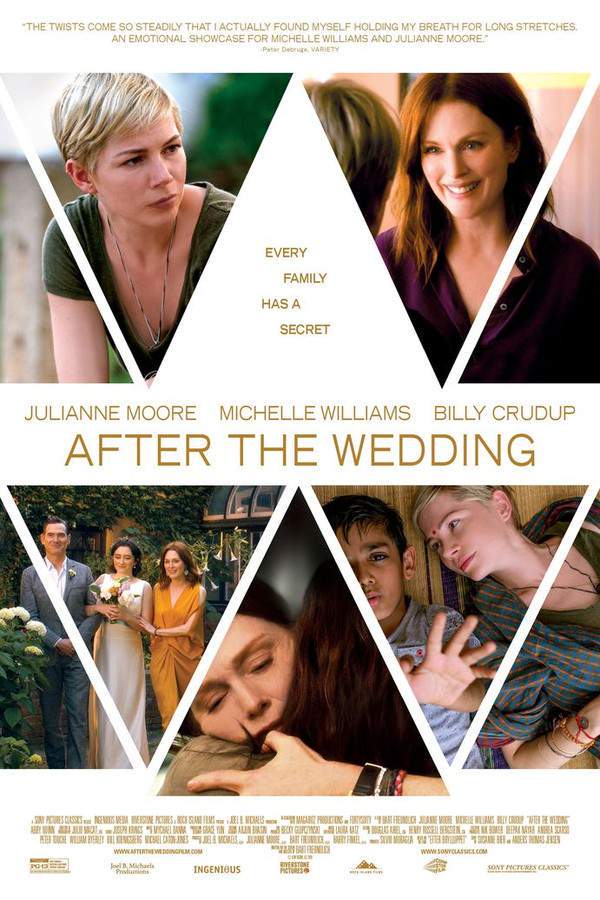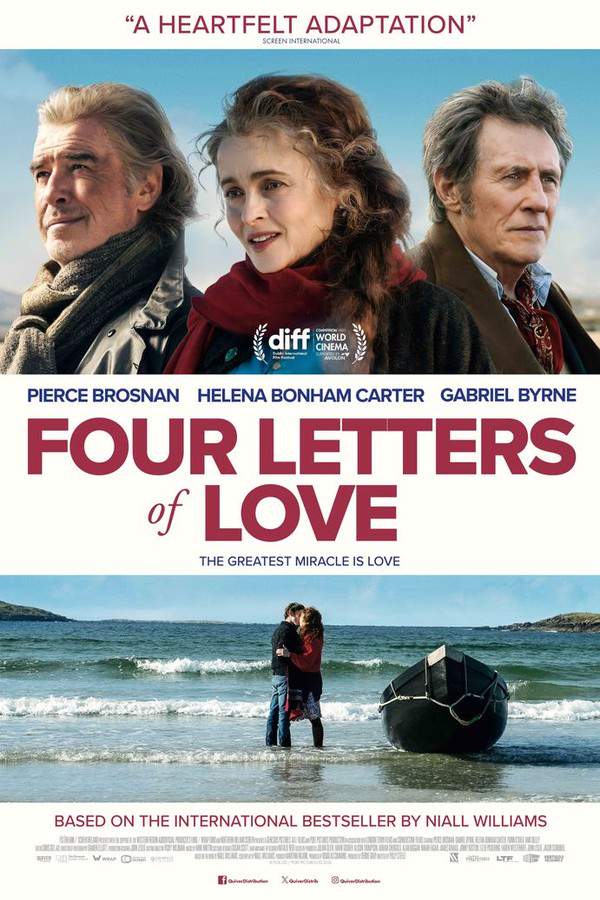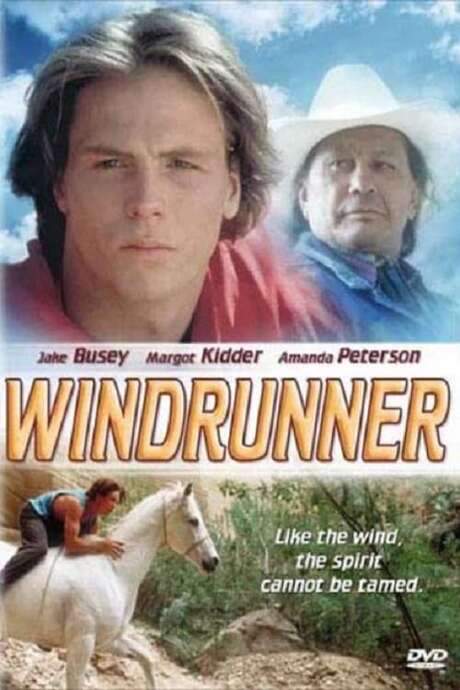
The Winslow Boy
Year: 1948
Runtime: 117 mins
Language: English
Director: Anthony Asquith
In pre-WW1 England, a youngster is expelled from a naval academy over a petty theft, but his parents raise a political furor by demanding a trial.
Warning: spoilers below!
Haven’t seen The Winslow Boy yet? This summary contains major spoilers. Bookmark the page, watch the movie, and come back for the full breakdown. If you're ready, scroll on and relive the story!
The Winslow Boy (1948) – Full Plot Summary & Ending Explained
Read the complete plot breakdown of The Winslow Boy (1948), including all key story events, major twists, and the ending explained in detail. Discover what really happened—and what it all means.
Arthur Winslow [Cedric Hardwicke] retires and returns home after 46 years at the bank, stepping away because arthritis makes work untenable. He leads a quiet, orderly life with his middle-class family: his eldest son Dickie Winslow [Jack Watling] is at Oxford, his daughter Catherine Winslow [Margaret Leighton] is a committed, non-militant suffragette, and his youngest son Ronnie Winslow [Neil North] is just starting as a cadet at the Royal Naval College. The nearby neighbor, John Watherstone [Frank Lawton], asks for permission to marry his daughter, signaling the small, interconnected world they inhabit.
Ronnie arrives back unexpectedly, soaked and carrying a letter for his father from the college that he’s too frightened to hand over. He’s accused of stealing a postal order for five shillings, and an internal inquiry is conducted that offers him little chance to defend himself. The verdict is guilty, and Arthur is urged to remove his son from the college. Refusing to accept the outcome, Arthur and Catherine decide to push back, enlisting their family solicitor Desmond Curry [Basil Radford] to help, and briefing England’s foremost barrister, Sir Robert Morton [Robert Donat], in case the case reaches the courtroom.
Morton begins a rigorous, probing examination of Ronnie, pressing for discrepancies in his memories and the habit Ronnie has of copying a friend’s signature that could have been used for the theft. Morton grows convinced of Ronnie’s innocence and agrees to take the case. Arthur also brings the issue to his Member of Parliament, who raises it in the House of Commons, invoking the Magna Carta principle that no subject may be condemned without trial.
The government resists opening the case, but pressure from debates in Parliament eventually yields. As law and Politics collide, the cost of justice becomes painfully tangible: the lawyers’ bill climbs to six-hundred-and-thirty-four pounds, far beyond Arthur’s overdraft. He is advised to cut his losses and withdraw, telling Dickie that he will pull him out of Oxford and find him a job at the bank instead.
The trial unfolds with Morton at the helm, and his cross-examinations manage to discredit much of the prosecution’s evidence. The government eventually withdraws the charges and offers a formal apology to the Winslow family. Yet victory comes at a price. Dickie must leave Oxford and takes a job at a bank in Reading; Catherine loses her marriage settlement and her fiancé John, though Morton’s own presence creates a spark between them. The moment is underscored by a sharp, almost wry observation from Morton:
> “How little you know men”
that hints at the complexities of love, power, and choice.
In the aftermath, Morton declines a promotion to Lord Chief Justice to pursue the case, a decision that leaves him with mixed feelings: he may have secured justice for Ronnie, but at the cost of personal ambition. The Winslow family, while vindicated, discovers that justice can be costly on many fronts, altering the paths of every member. Arthur’s health bears the strain, yet his name is cleared and his family’s honor is restored. The courtroom triumph becomes a broader meditation on duty, resilience, and the imperfect ways in which a society seeks to right an apparent wrong.
Last Updated: October 09, 2025 at 10:47
Explore Movie Threads
Discover curated groups of movies connected by mood, themes, and story style. Browse collections built around emotion, atmosphere, and narrative focus to easily find films that match what you feel like watching right now.
Methodical principle battles like in The Winslow Boy
Stories where a steadfast pursuit of justice unfolds through deliberate, costly steps.Movies like The Winslow Boy feature characters who wage a deliberate, intellectually-driven war against a rigid system. If you enjoyed the steady, costly fight for justice in The Winslow Boy, you'll find similar stories of resolute determination and procedural battles here.
Narrative Summary
The narrative pattern involves a clear, often intellectual, conflict against an established institution. The story progresses methodically, often through legal or political channels, focusing on the escalating personal costs and societal pressures faced by the protagonists rather than dramatic action sequences.
Why These Movies?
These movies are grouped by their shared focus on a steady-paced, resolute struggle where principle is paramount. They create a specific mood of tense, methodical pressure, where the victory is often bittersweet, defined more by moral triumph than material gain.
Family sacrifice dramas like in The Winslow Boy
Narratives where a family unit is tested and bonded by a shared, draining cause.If you liked how The Winslow Boy portrayed a family's unwavering support and personal sacrifices during a protracted fight, explore these similar movies. They focus on the emotional toll and enduring bonds of familial devotion in the face of immense pressure.
Narrative Summary
The emotional journey follows a family as they rally around a common cause, often an injustice suffered by one member. The plot explores the individual and collective costs—financial, emotional, social—and how these trials either strengthen or fracture the family bonds, leading to a poignant re-evaluation of their priorities.
Why These Movies?
These films are connected by their central theme of family as both a source of strength and a site of sacrifice. They share a medium emotional weight and a bittersweet tone, focusing on the quiet, profound drama of domestic life tested by external forces.
Unlock the Full Story of The Winslow Boy
Don't stop at just watching — explore The Winslow Boy in full detail. From the complete plot summary and scene-by-scene timeline to character breakdowns, thematic analysis, and a deep dive into the ending — every page helps you truly understand what The Winslow Boy is all about. Plus, discover what's next after the movie.
The Winslow Boy Timeline
Track the full timeline of The Winslow Boy with every major event arranged chronologically. Perfect for decoding non-linear storytelling, flashbacks, or parallel narratives with a clear scene-by-scene breakdown.

Characters, Settings & Themes in The Winslow Boy
Discover the characters, locations, and core themes that shape The Winslow Boy. Get insights into symbolic elements, setting significance, and deeper narrative meaning — ideal for thematic analysis and movie breakdowns.

The Winslow Boy Spoiler-Free Summary
Get a quick, spoiler-free overview of The Winslow Boy that covers the main plot points and key details without revealing any major twists or spoilers. Perfect for those who want to know what to expect before diving in.

More About The Winslow Boy
Visit What's After the Movie to explore more about The Winslow Boy: box office results, cast and crew info, production details, post-credit scenes, and external links — all in one place for movie fans and researchers.

Similar Movies to The Winslow Boy
Discover movies like The Winslow Boy that share similar genres, themes, and storytelling elements. Whether you’re drawn to the atmosphere, character arcs, or plot structure, these curated recommendations will help you explore more films you’ll love.
Explore More About Movie The Winslow Boy
The Winslow Boy (1948) Scene-by-Scene Movie Timeline
The Winslow Boy (1948) Movie Characters, Themes & Settings
The Winslow Boy (1948) Spoiler-Free Summary & Key Flow
Movies Like The Winslow Boy – Similar Titles You’ll Enjoy
The Winslow Boy (1999) Plot Summary & Ending Explained
Stealing Home (1988) Story Summary & Characters
Wednesday’s Child (1934) Detailed Story Recap
The Browning Version (1951) Detailed Story Recap
Adam Had Four Sons (1941) Full Summary & Key Details
The War (1994) Story Summary & Characters
The Browning Version (1994) Movie Recap & Themes
WindRunner (1994) Spoiler-Packed Plot Recap
Little Lord Fauntleroy (1936) Full Movie Breakdown
Gallant Sons (1940) Spoiler-Packed Plot Recap
All My Sons (1948) Complete Plot Breakdown
Boy of Two Worlds (1959) Ending Explained & Film Insights
The Man in Grey (1943) Story Summary & Characters
My Son, My Son! (1940) Full Summary & Key Details
The Manxman (1929) Plot Summary & Ending Explained

